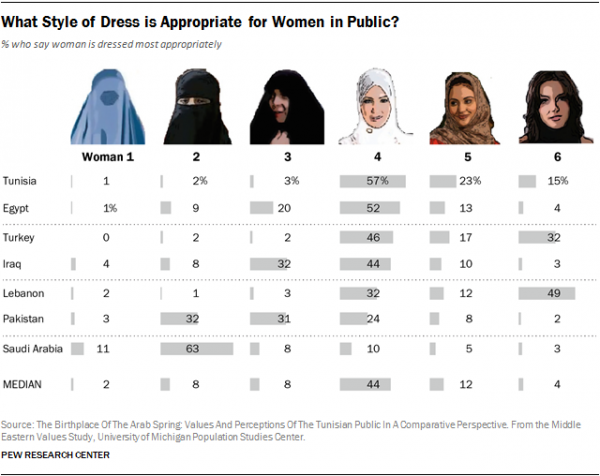This summer my mom and I were out walking in the woods. It was warm outside and a couple of guys my age were sitting by the lake. As we passed they started catcalling, commenting on my ass. “Can you wiggle your ass a little bit more?!” was just one of the things they shouted.
I was humiliated, especially since my mom heard it all. For the rest of the summer I didn’t walk past that spot again because I was scared they would be there.
– Anonymous
Location: Sweden
Share your street harassment story for the blog.
Check out the new book 50 Stories about Stopping Street Harassers!



